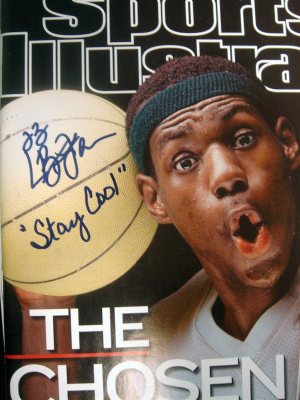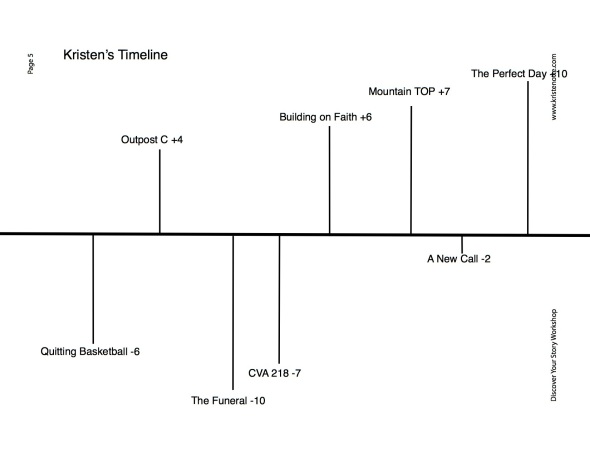 Lebron James has always fascinated me. I love basketball–coaching, playing, and watching. I grew up and have spent most of my life in Cleveland. Since I am the same age as Lebron (actually I am 8 months older than him), I grew up listening and hearing about him. I remember when my high school boys' basketball team played his high school St. Vincent St. Mary. His team obliterated my high school, led by Lebron who scored maybe 50 points. And my high school boys' team wasn't your average high school team. It's a big school with a great basketball program. I say all this to let you know I've been paying attention to Lebron for years, and I am a fan of his, even when he left Cleveland four years ago.
Lebron James has always fascinated me. I love basketball–coaching, playing, and watching. I grew up and have spent most of my life in Cleveland. Since I am the same age as Lebron (actually I am 8 months older than him), I grew up listening and hearing about him. I remember when my high school boys' basketball team played his high school St. Vincent St. Mary. His team obliterated my high school, led by Lebron who scored maybe 50 points. And my high school boys' team wasn't your average high school team. It's a big school with a great basketball program. I say all this to let you know I've been paying attention to Lebron for years, and I am a fan of his, even when he left Cleveland four years ago.
If you are sick of the Lebron story, or simply the fact that a professional athlete is such big news in our society, I agree with that sentiment. But I think Lebron is big news because he's a great character, and his life is telling a great story. Here's a couple quick examples:
Good stories start with great characters. Readers love a character with a tortured backstory who rises above his or her circumstances to accomplish a goal.
- Lebron is a rags to riches story. He was born to a sixteen year old mother in a rough area of Akron, Ohio. He was introduced to basketball at age nine, and within a few years he was dubbed the next Michael Jordan capturing the basketball spotlight for the next fifteen years.
We resonate with a character who learns and grows through his or her mistakes. We want to read about a heroic character–a character who has a cause bigger than his or herself.
- Lebron has made mistakes throughout the years on the court and a few off the court. But, he keeps learning and growing so he can be a better basketball player, teammate, dad, and person. One of the reasons he cited for coming back to Cleveland was to bring home a championship to the city. He sees the hunger for Clevelanders to have something to celebrate. He wants that to be part of his legacy.
Lebron is one example of someone who makes a great character in a story. I love looking at real people and seeing what story he or she is telling. Usually it's the people close to me, but sometimes somebody in the spotlight catches my attention.

 Friday Night Lights is one of my favorite television series. I was a latecomer to the series, catching the entire series for the first time on Netflix a couple of years back. But, I loved it and couldn't stop watching. So, a couple of months ago, I started watching the series again from start to finish to see if it holds up after a second viewing. It does.
Friday Night Lights is one of my favorite television series. I was a latecomer to the series, catching the entire series for the first time on Netflix a couple of years back. But, I loved it and couldn't stop watching. So, a couple of months ago, I started watching the series again from start to finish to see if it holds up after a second viewing. It does.